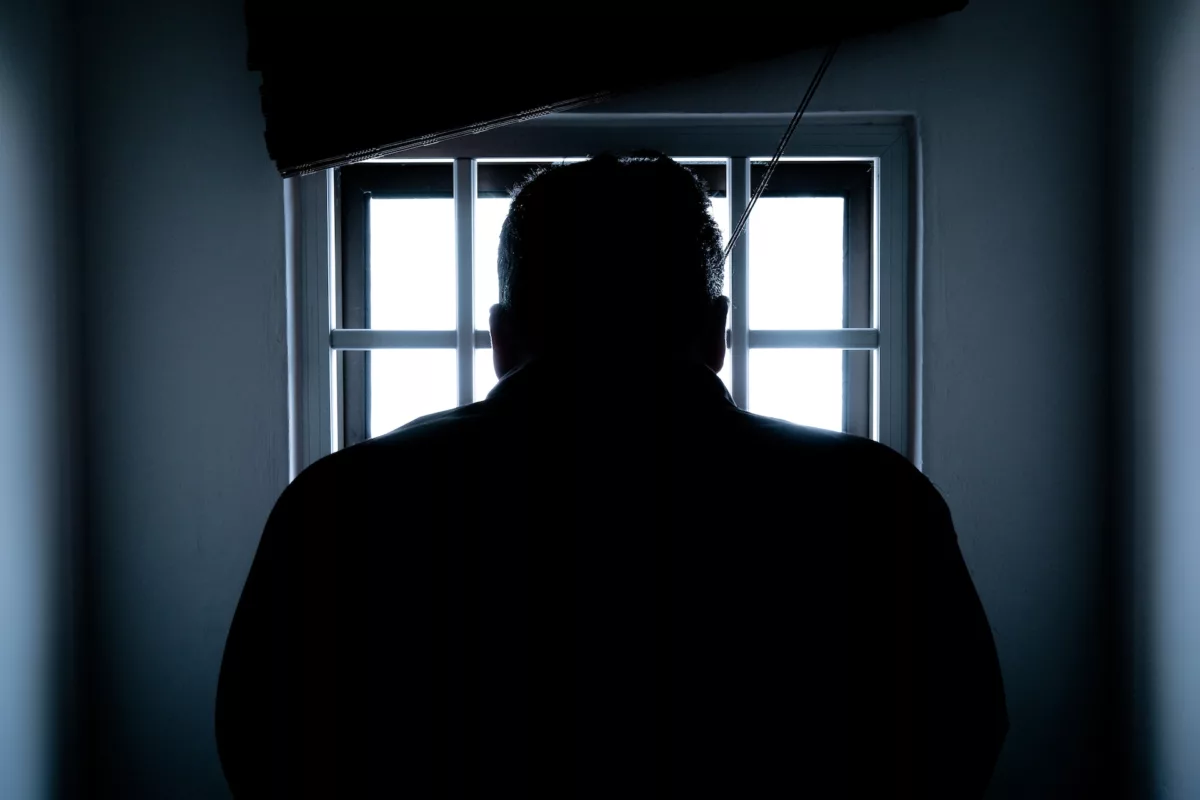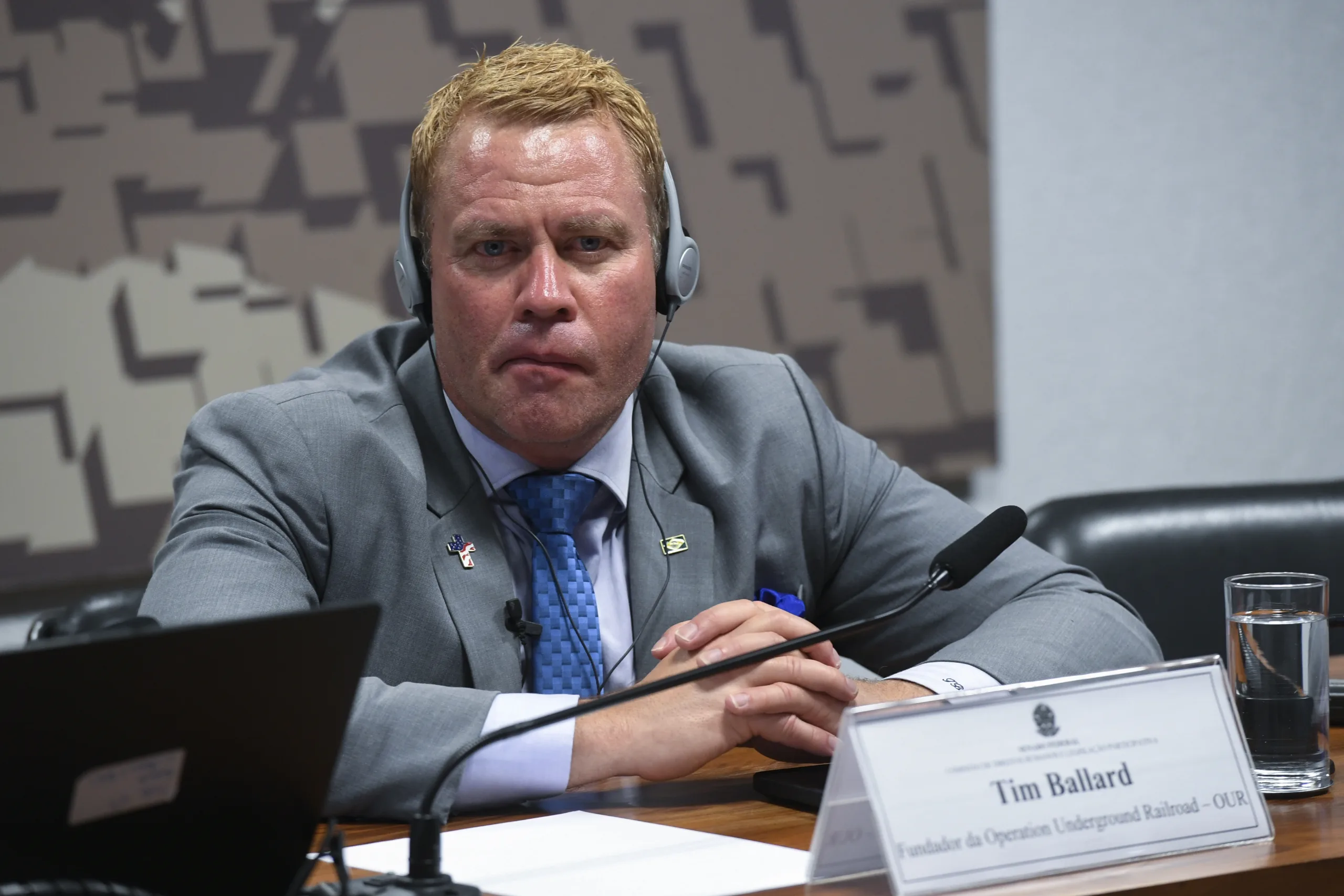
The Latest
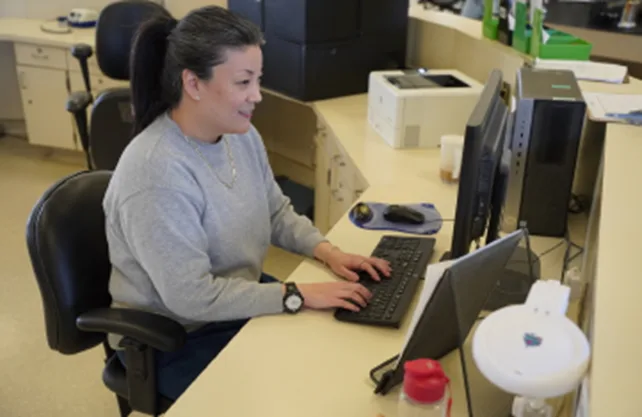
Incarcerated Californians Express Cautious Optimism About New Clemency Proposal
The change has brought hope to those who fear dying in prison, while others worry it won’t save them from such a fate.
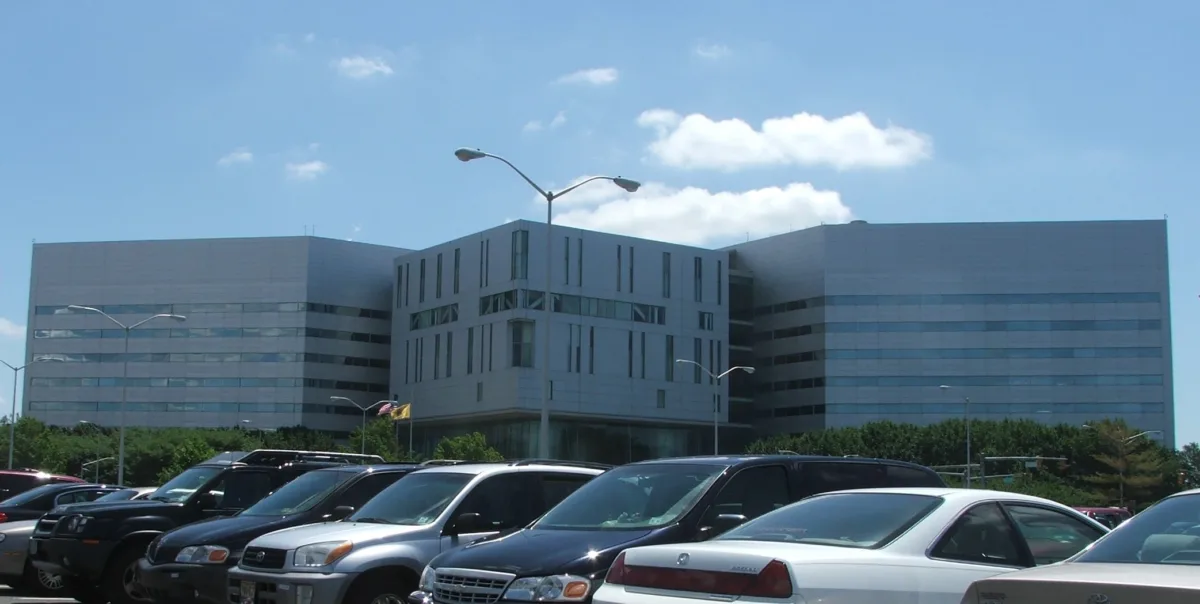
New Jersey Supreme Court Rejects ‘Shaken Baby Syndrome’
The first ruling of its kind in the country could give people convicted based on SBS testimony a new shot at freedom.
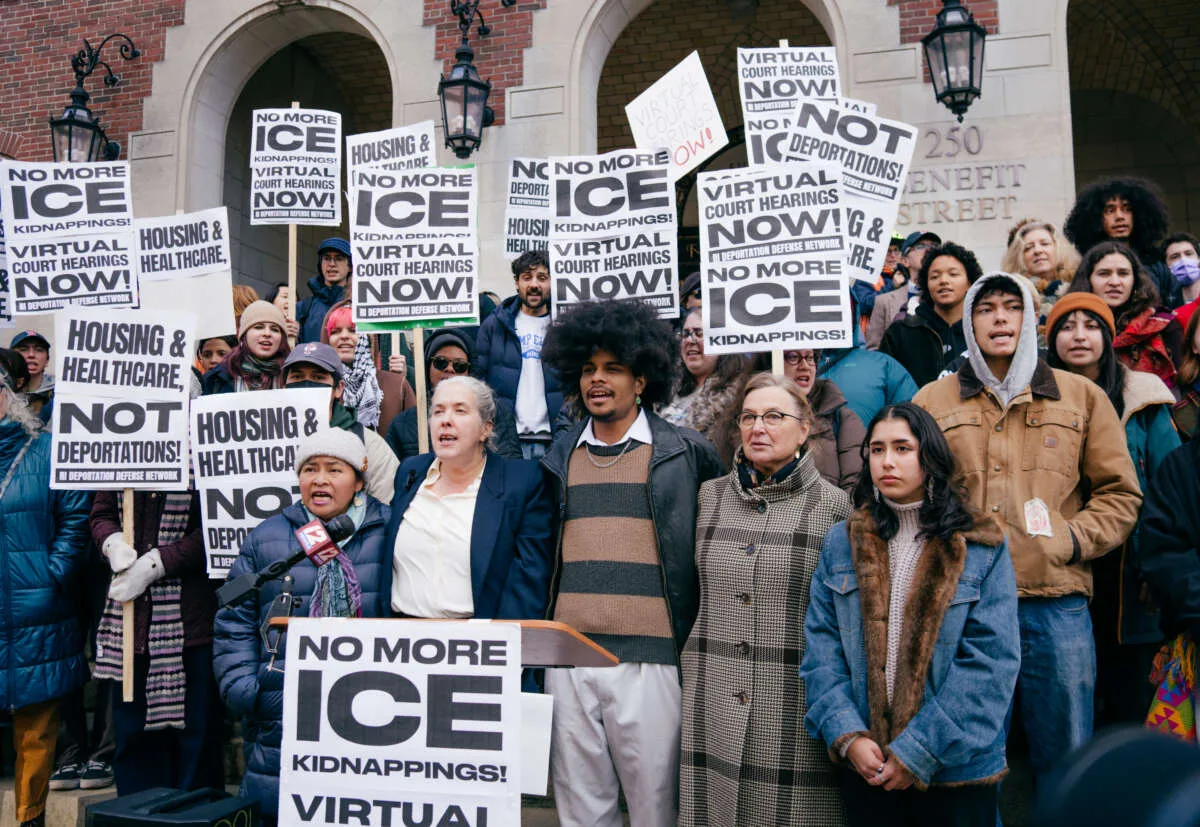
Police in Many “Sanctuary Cities” Have Repeatedly Collaborated With ICE
Police face allegations of violating laws meant to protect immigrants from DC to Oregon to Colorado and beyond.
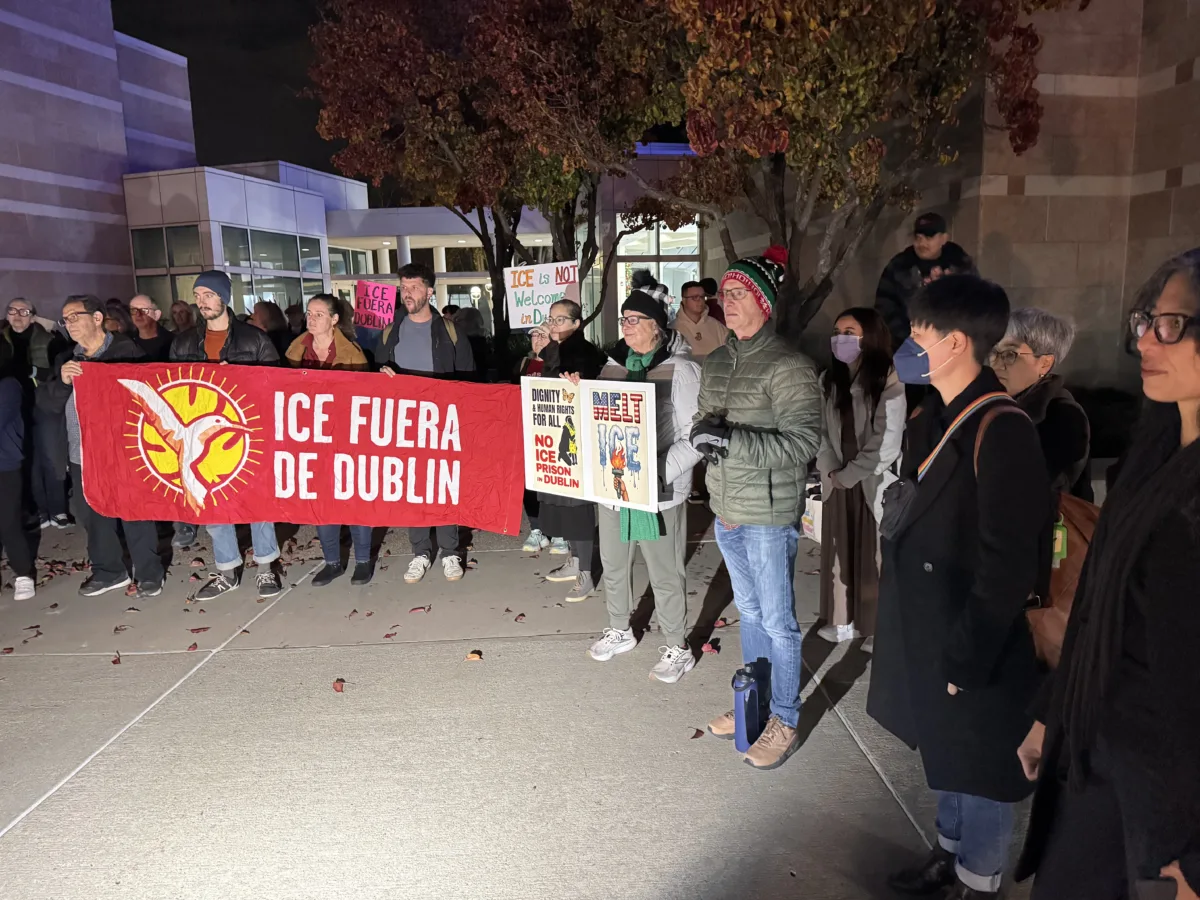
ICE Wants to Reopen Notorious California Prison. Locals Are Fighting Back.
FCI Dublin was shut down in 2024 after revelations of abuse against prisoners. Residents want it to stay closed.
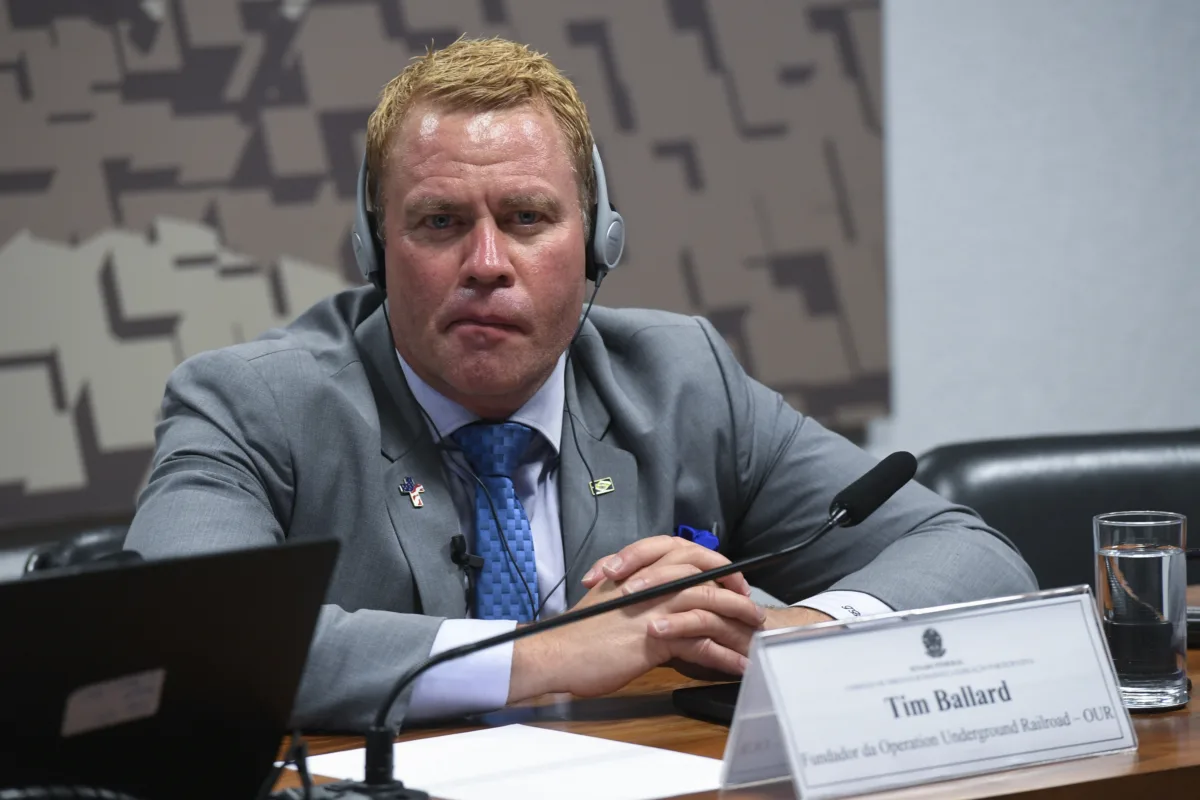
We’re Back With New Stories!
Fresh investigative reporting, media from other independent outlets, and stories from the archives.
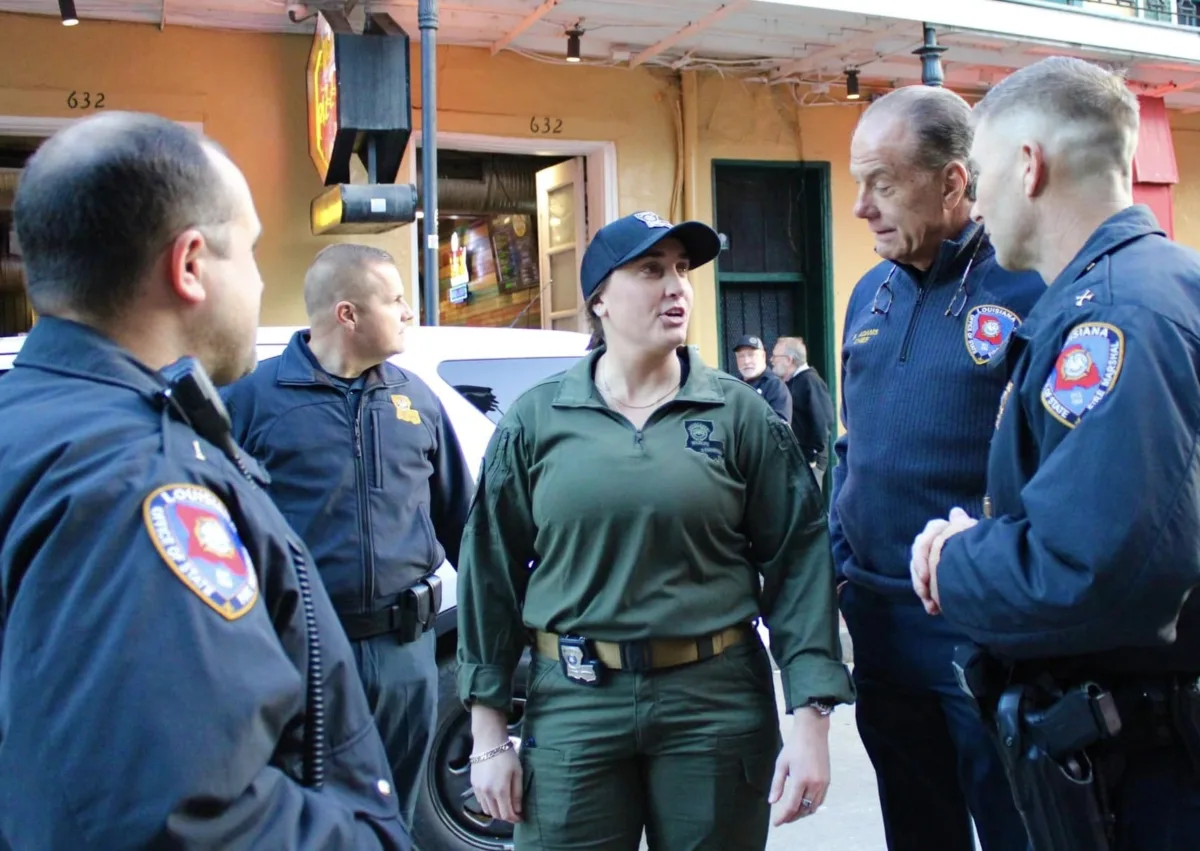
New Orleans Resists ICE Invasion Despite Surveillance and State Repression
Before ICE descended on New Orleans, GOP lawmakers made it a crime to interfere with immigration enforcement.

Tim Ballard’s Reputation is in Shambles. The Americans He Helped Arrest Want Answers.
Tim Ballard, the disgraced “anti-sex-trafficking” expert, was the subject of a hit 2023 biographical film and serial sexual misconduct allegations in the same year. After Ballard’s fall, the people he helped arrest in Washington want to know why no one seems willing to take a second look at their cases.
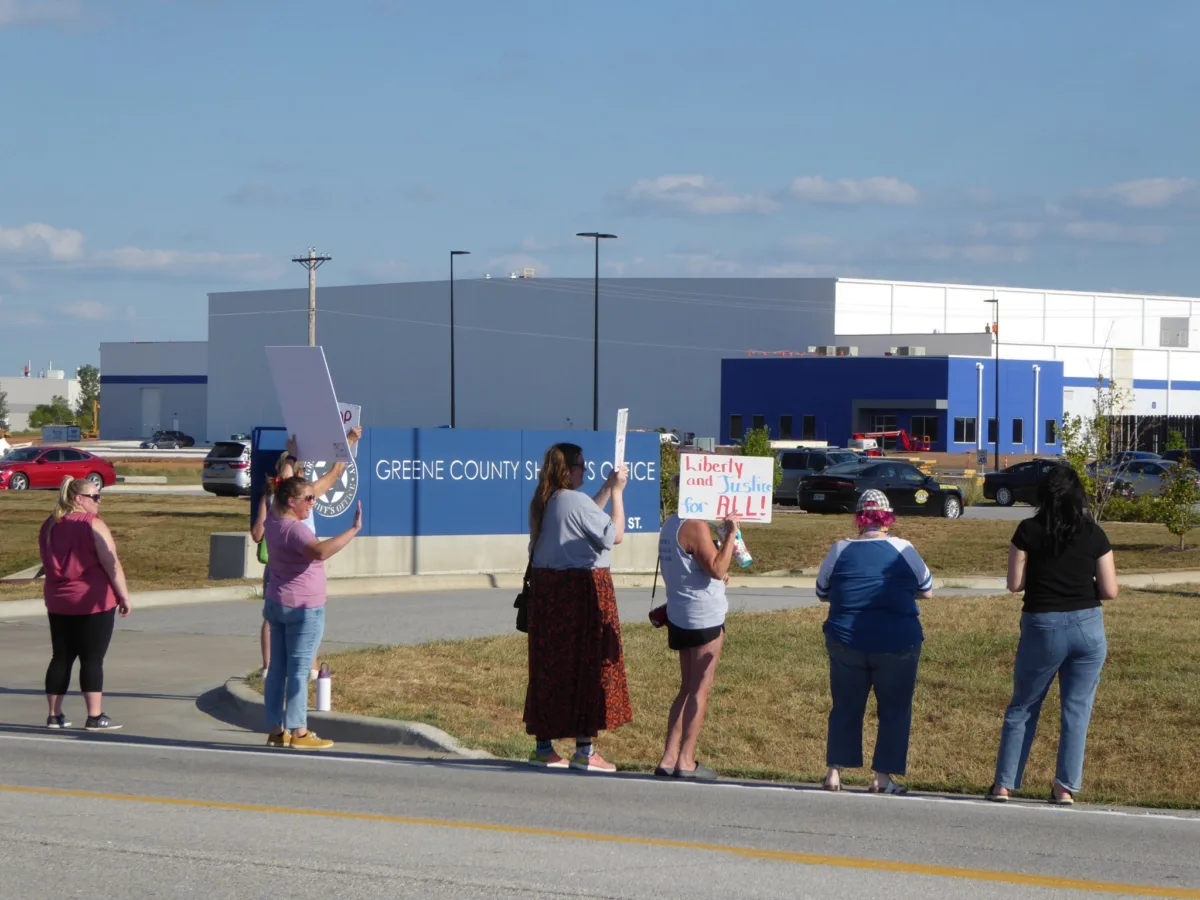
Jail Support for Immigrants Held in Missouri Offers Resistance in a Red State
Local communities resist ICE by reaching inside jails and building networks of support.

The Appeal Joins Truthout: A New Chapter Begins
We’re thrilled to share that Truthout is taking over The Appeal’s journalism.
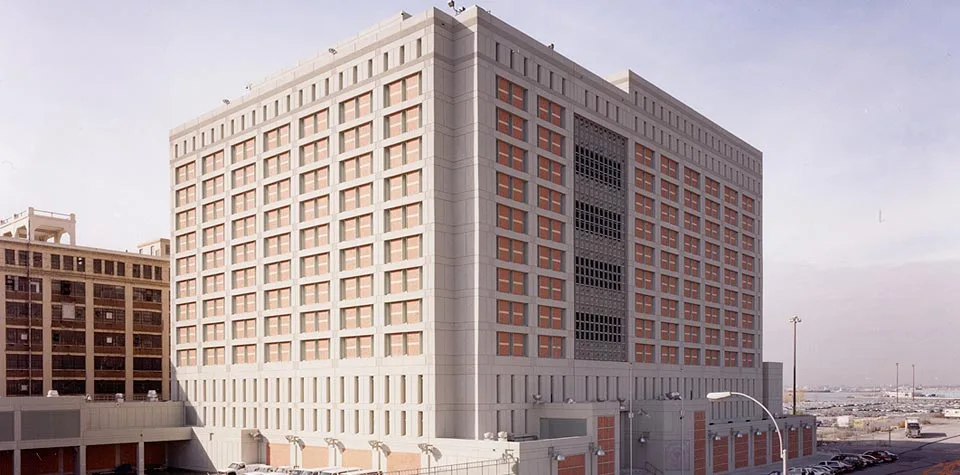
Lockdowns, Violence, and “Barbaric Conditions” in a Federal Jail Known for its Famous Detainees
Brooklyn’s Metropolitan Detention Center often makes news for the celebrities detained there, but hundreds of other people at the jail face inhumane conditions.
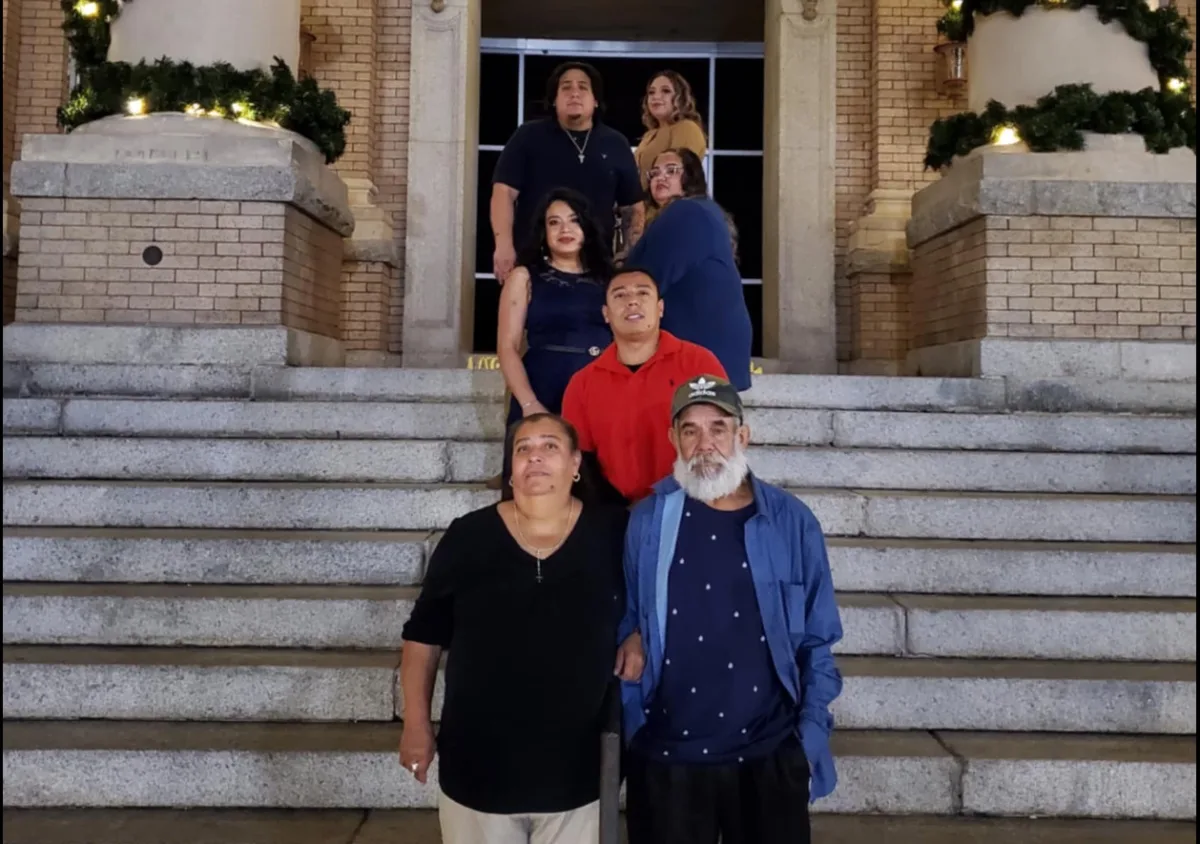
A 68-year-old Grandfather Died in ICE’s Custody. His Family Seeks Answers.
Abelardo Avellaneda-Delgado was healthy when he entered Lowndes County Jail. He died while en route to ICE’s Stewart Detention Center less than four weeks later, leaving his family in shock.
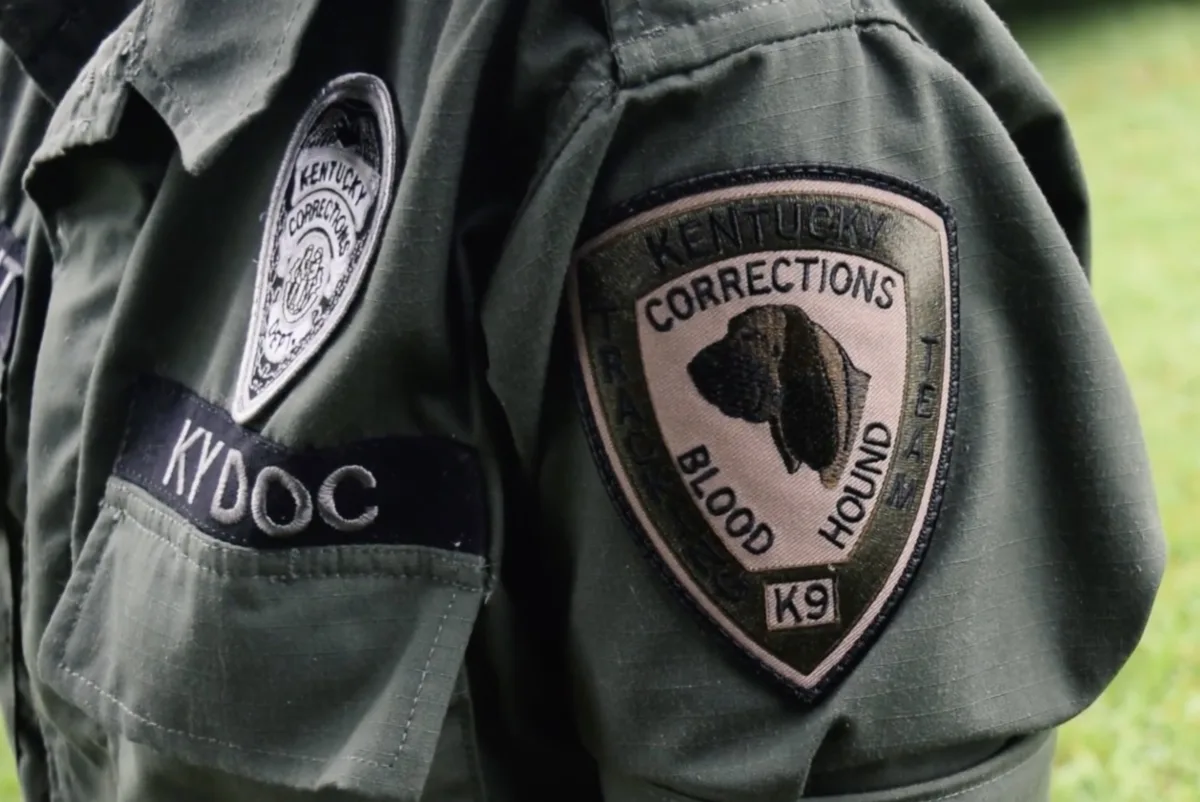
Strip Searches Have a Racist, Dehumanizing Legacy
Strip searches serve as weapons of humiliation rather than security measures.
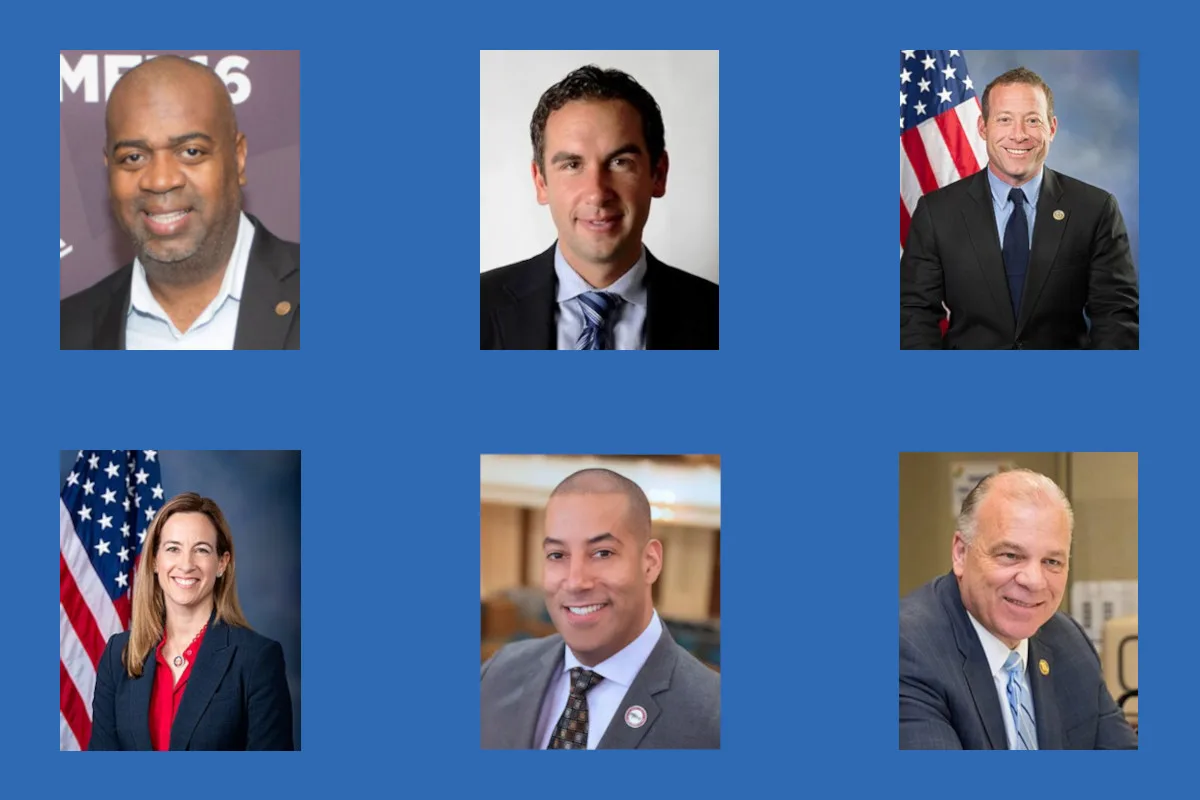
How Will New Jersey’s Next Governor Protect Immigrants?
New Jersey has one of the largest immigrant populations in the country. We asked candidates in the Democratic primary what they’ll do to keep immigrants safe.
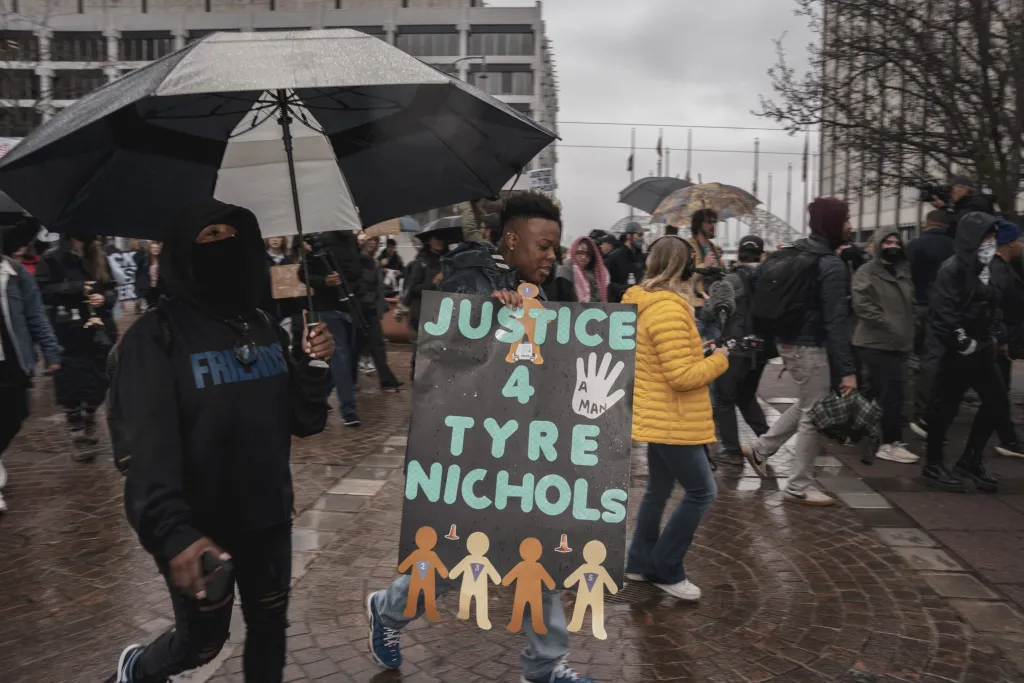
His Name Was Tyré Nichols
The Appeal—and much of the media—has been misspelling Tyré Nichols’ name for years.
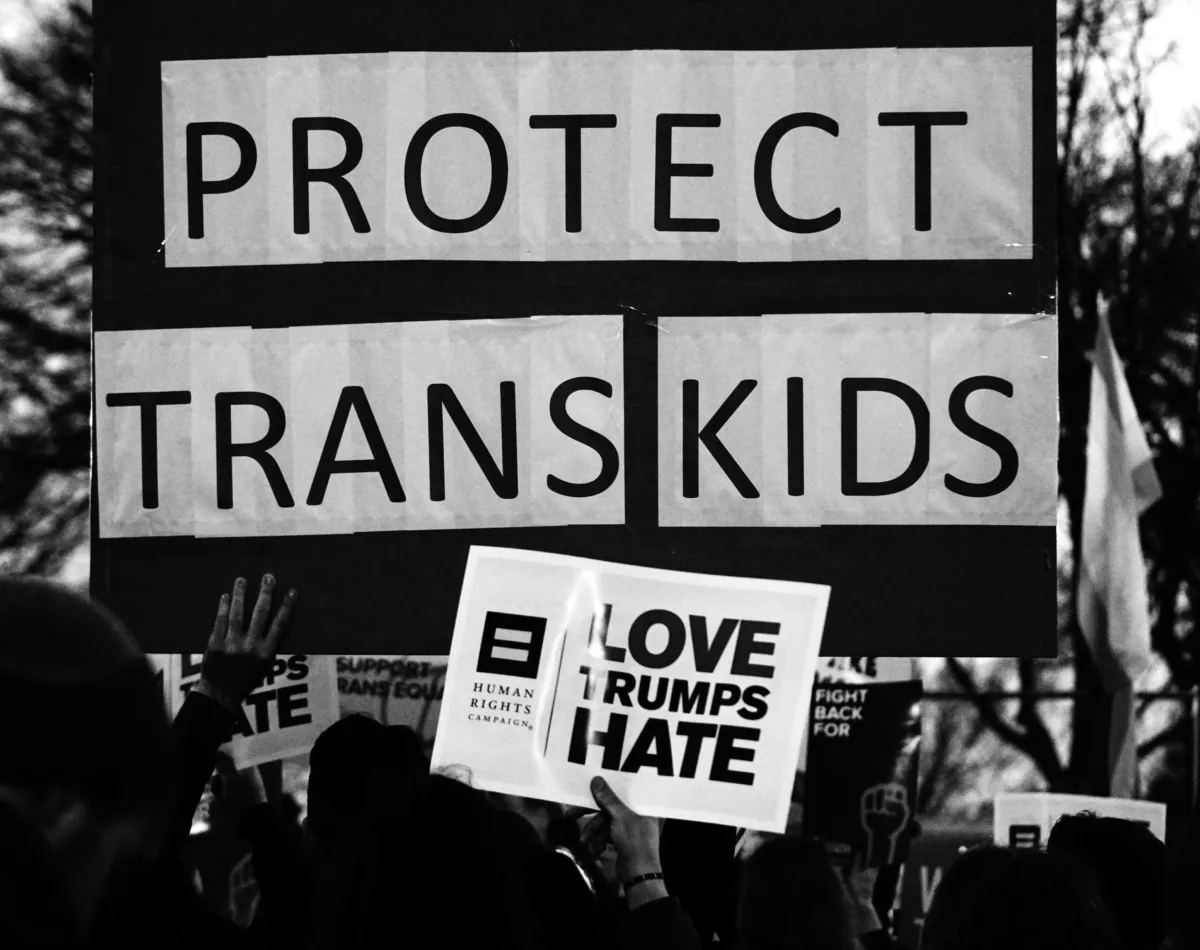
Trump’s War on Trans People: A Legal Survival Guide
State and federal governments have moved to criminalize trans people, parents of trans children, and healthcare providers.
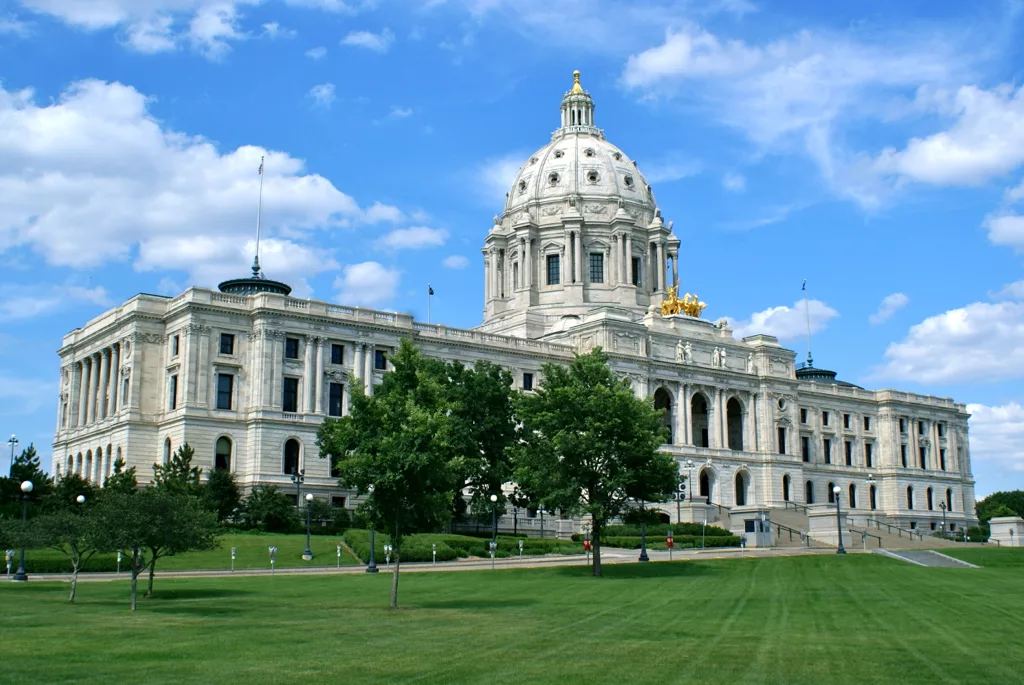
Beyond Bail Reform: Minnesota’s Vision for Pretrial Transformation
Creating a pretrial system that prioritizes community safety, equity, and liberty requires more than small tweaks—we need a ground-up transformation.
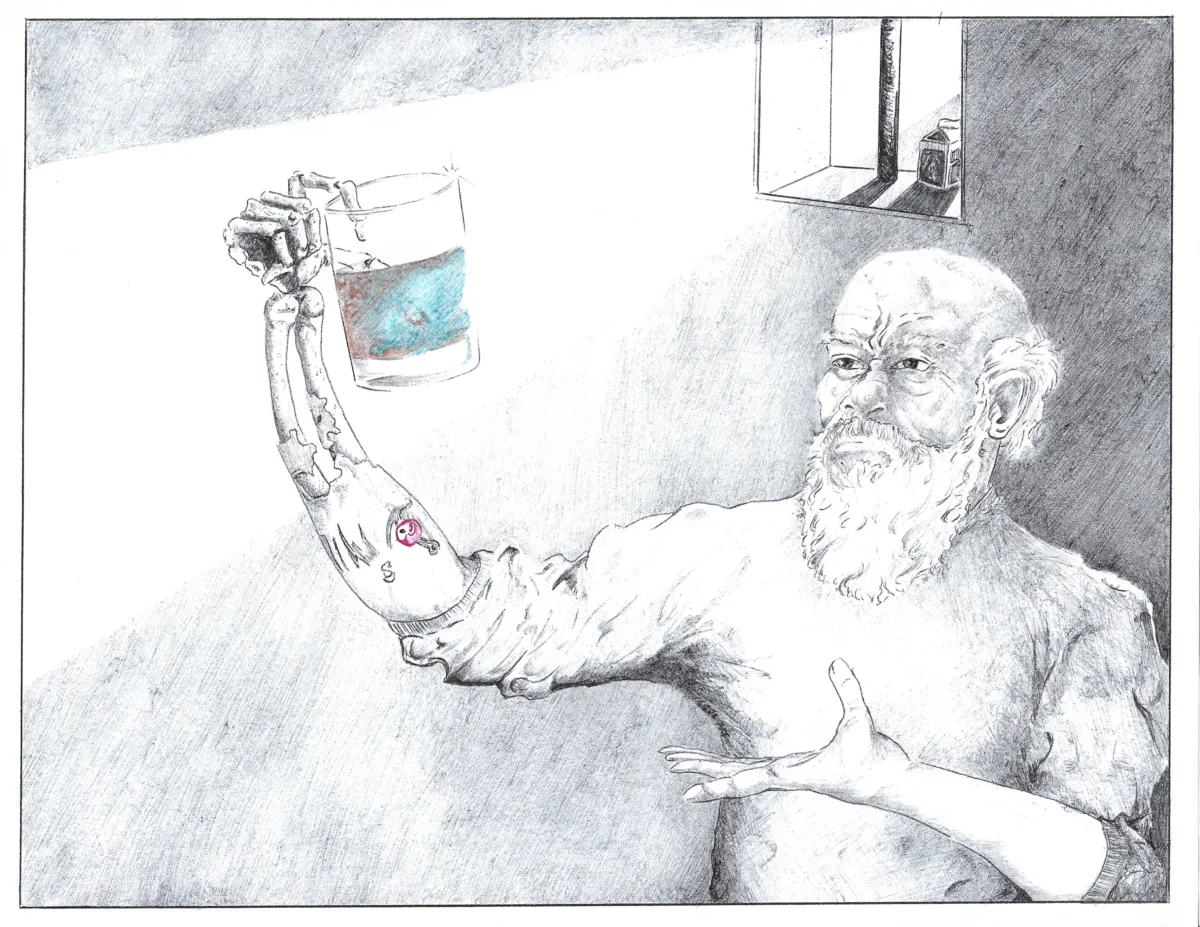
“If You Want to Live, Don’t Drink the Water”
After mystery illnesses and toxic reports, prisoners at California’s Mule Creek State Prison worry their water is killing them.
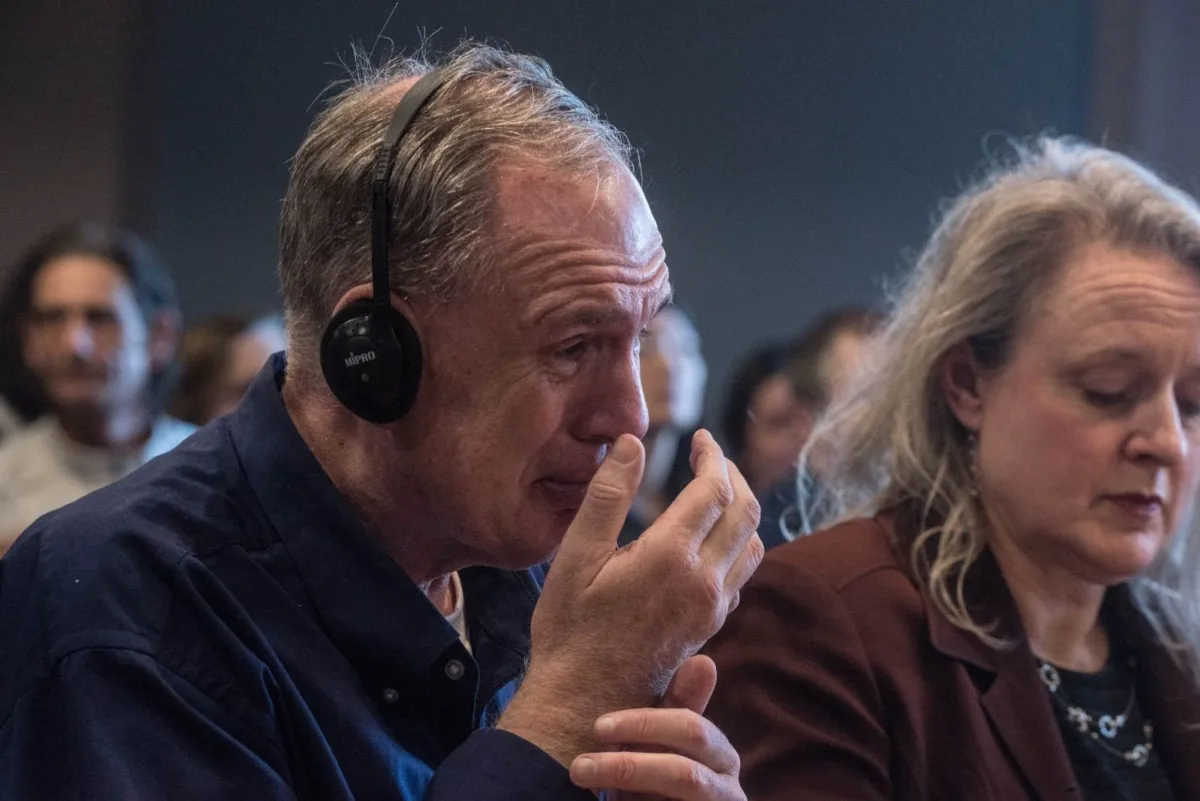
“They took my life away for nothing.”
James Carver spent 36 years in prison after he was convicted of setting one of the deadliest fires in Massachusetts history. But after reviewing new scientific evidence, a judge set him free.
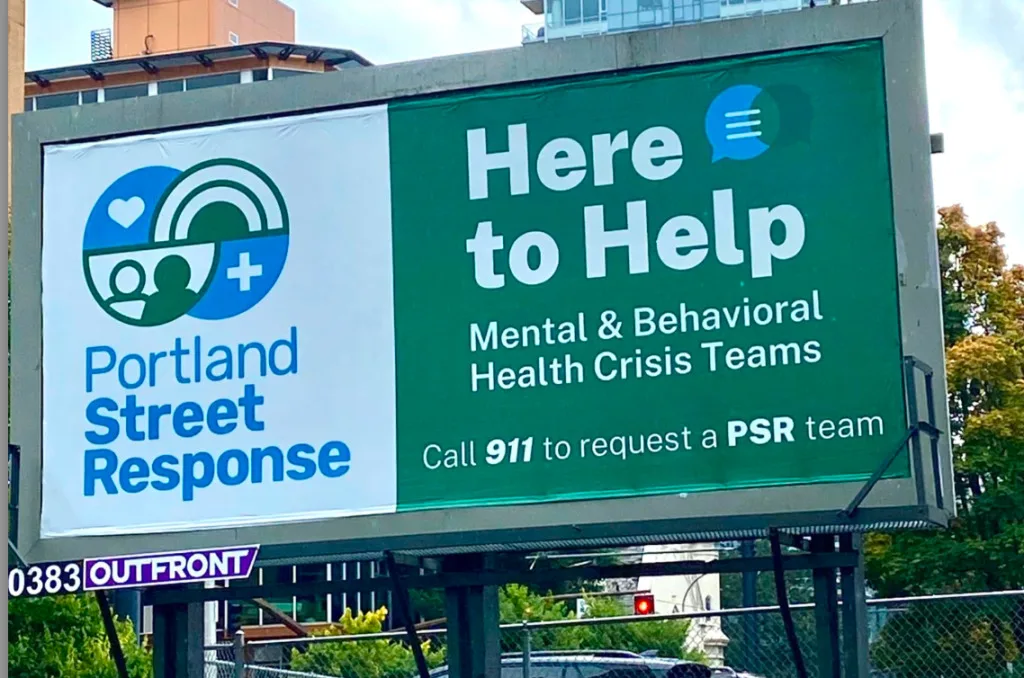
Social Worker or AR-15? Portland Struggles Over How to Respond to People in Mental Health Crisis
As Portland weighs expansion of an alternative crisis-response program, new data from a MindSite News-Medill investigation shows police often deploy force on residents who are unhoused or grappling with mental illness.
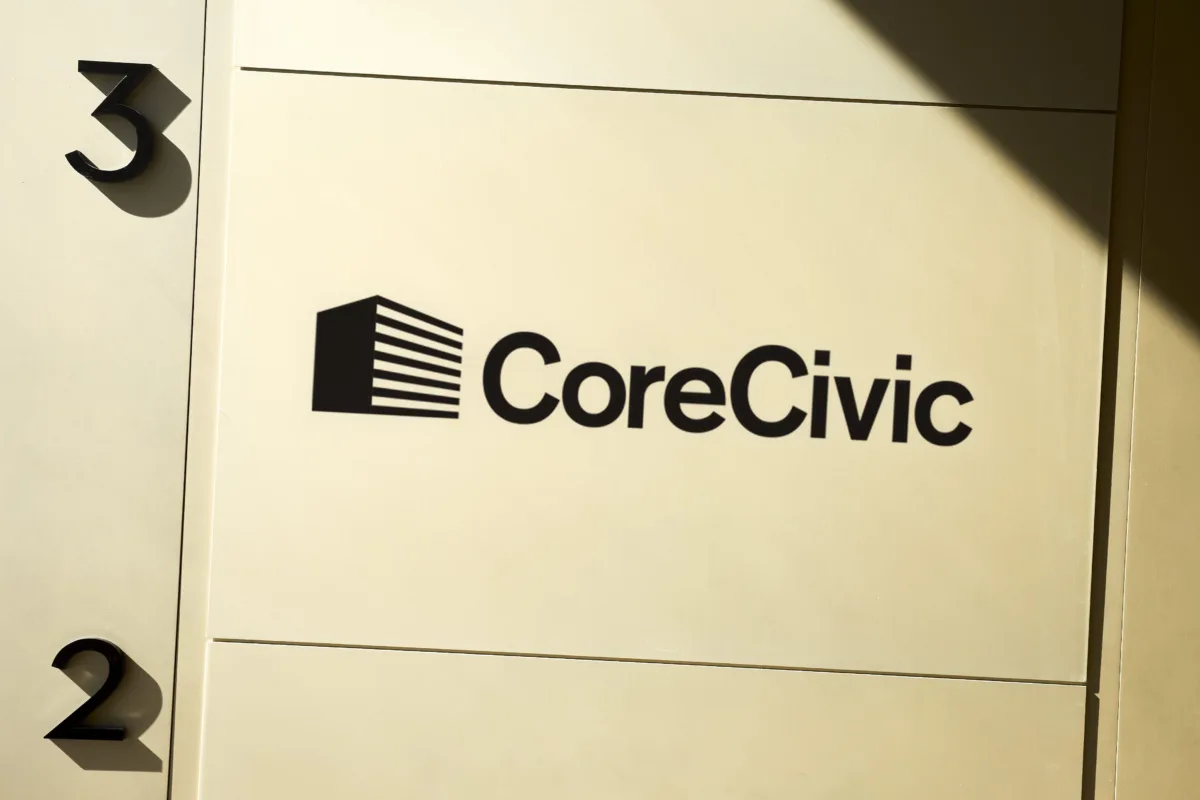
CoreCivic CEO: Trump Administration Plans Will ‘Supercharge’ the Private Prison Industry
In a quarterly earnings call, the private prison company told investors that it plans to expand its operations across the country.

Private Prison Company GEO Group “Excited” About Mass Deportation
CEO tells investors the Trump administration represents an “unprecedented opportunity.”
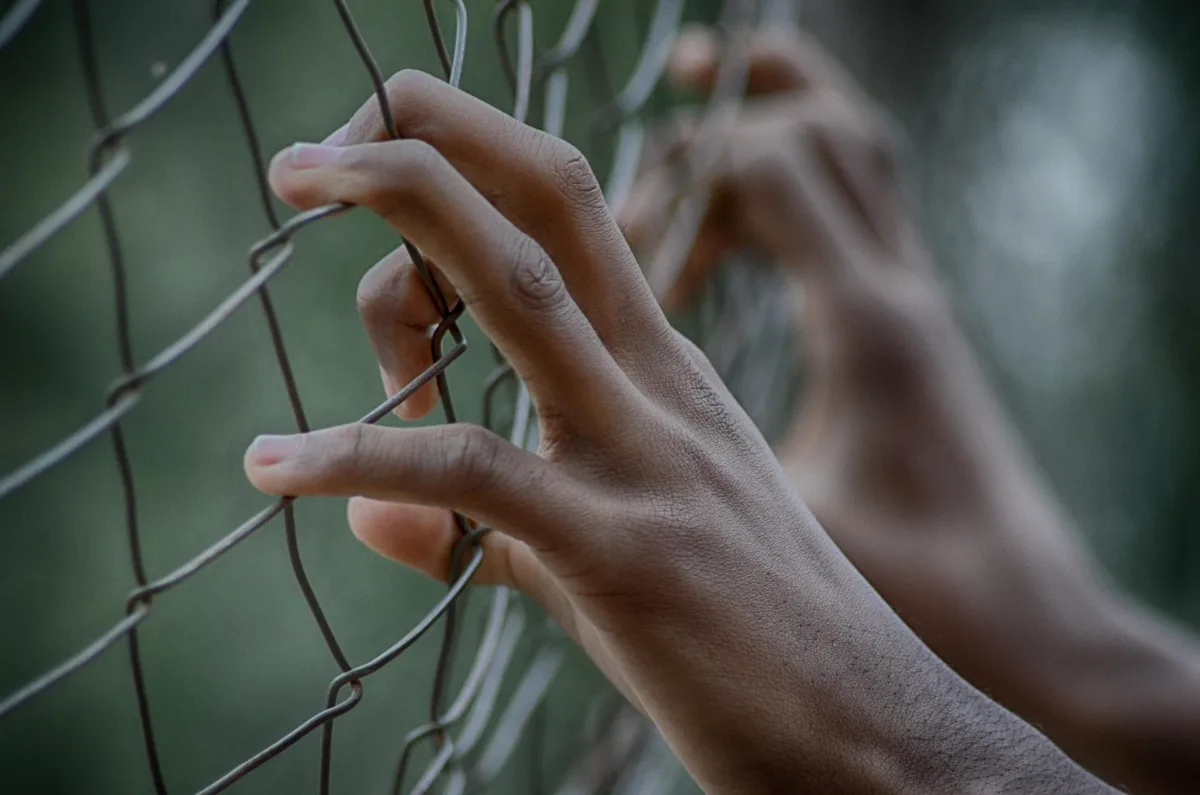
Imprisoned People Can Do More than ‘Scare’ Kids ‘Straight’
“Scared straight” programs don’t work. But that doesn’t mean incarcerated people shouldn’t mentor at-risk kids.
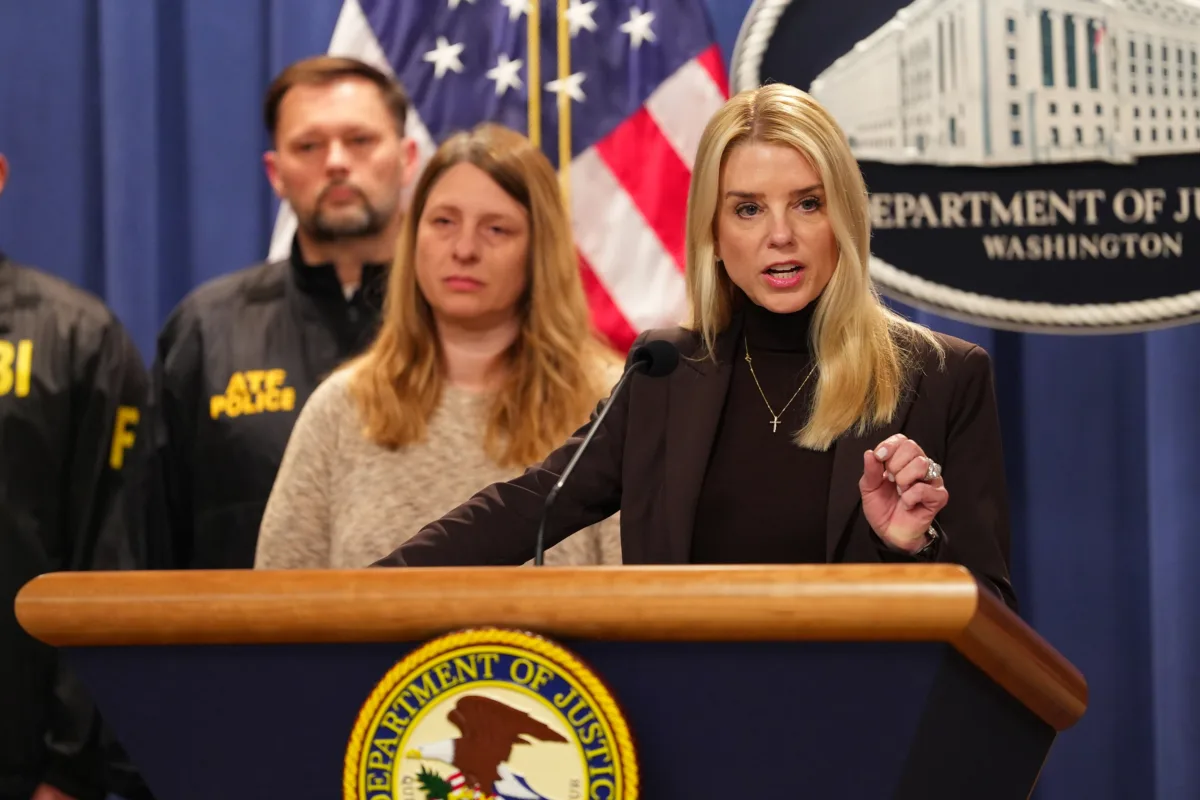
Trump DOJ Erases Trans People from Crime Data Surveys
The Justice Department has removed questions about gender identity from the National Crime Victimization Survey, the Survey on Sexual Victimization, and the Survey of Inmates in Local Jails.
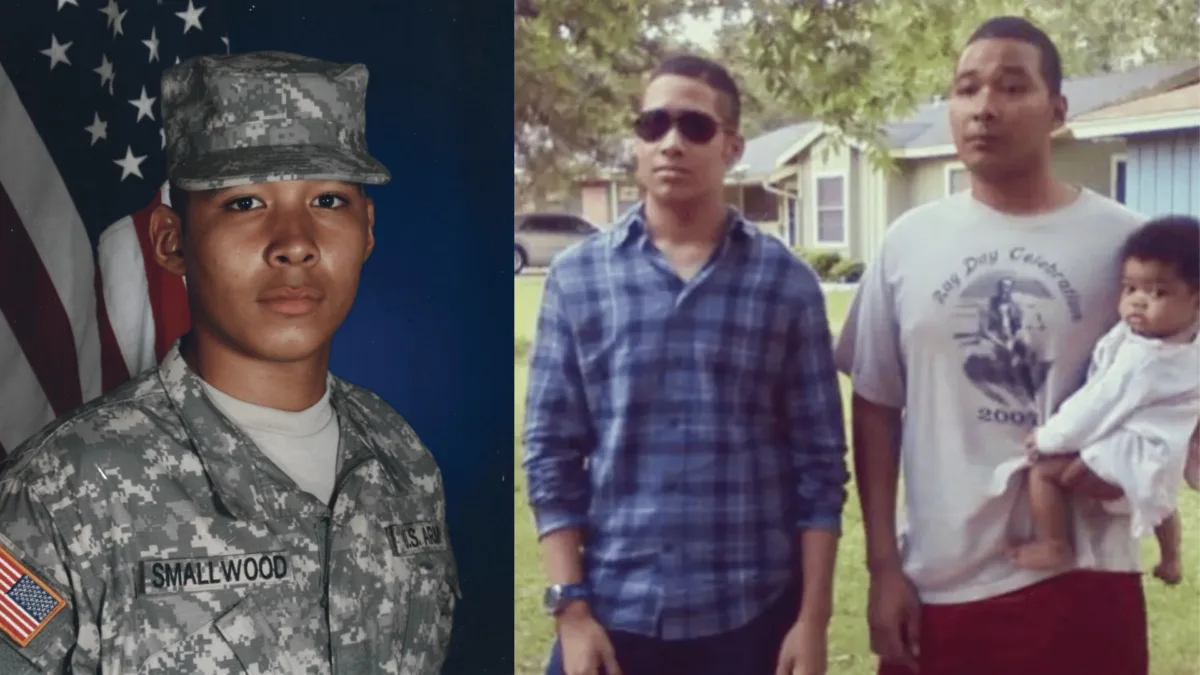
Texas Jail Staff Laughed as Army Vet Choked and Died, Lawsuit Says
According to a wrongful death lawsuit, staff at the Angelina County Jail stood by as 33-year-old Glenn Smallwood vomited and died in front of them.
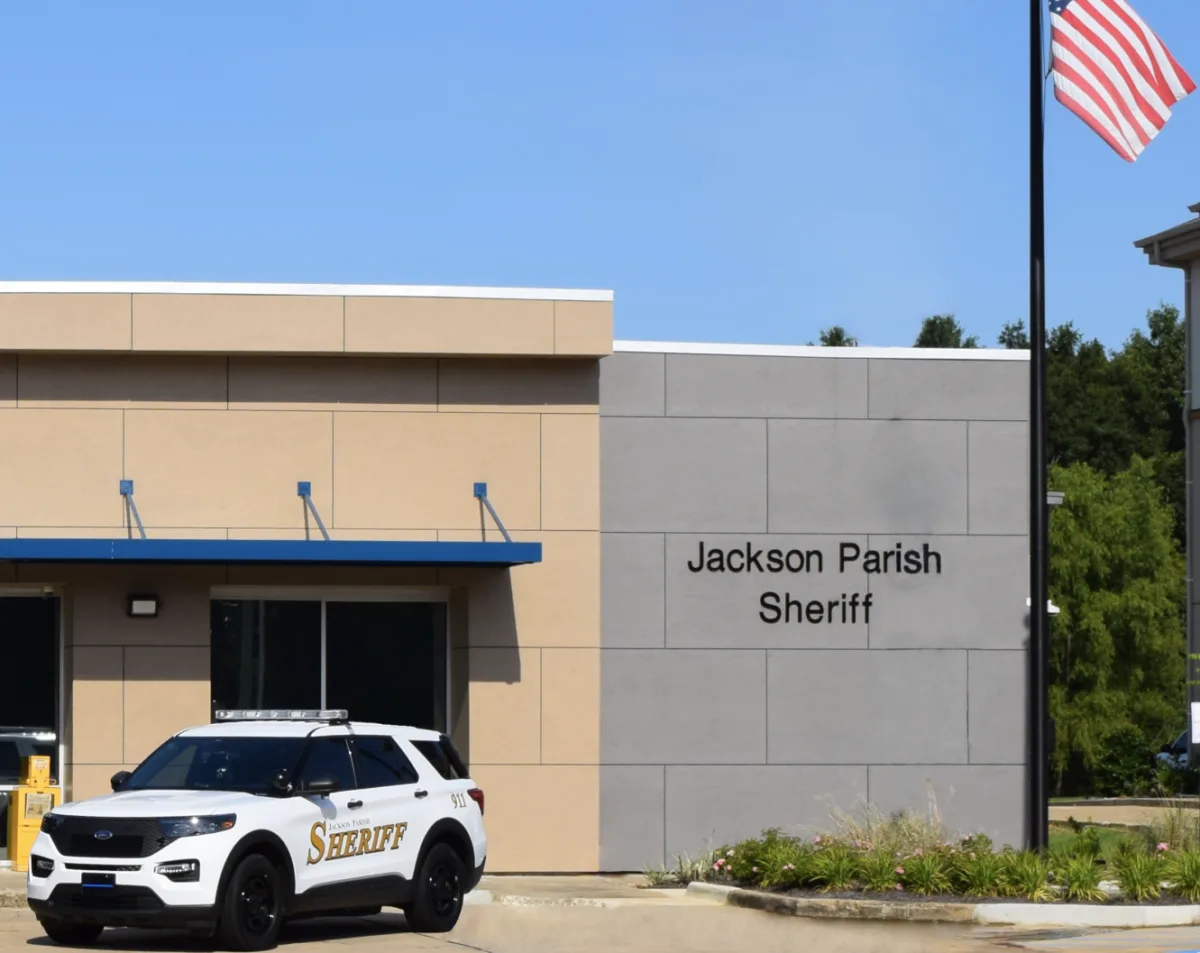
Louisiana Sent Kids to Adult Jail That Violated Scores of Regulations, Reports Say
Investigators found the Jackson Parish Jail violated state rules 83 times between July and February—almost 12 times more than the second-worst lockup.
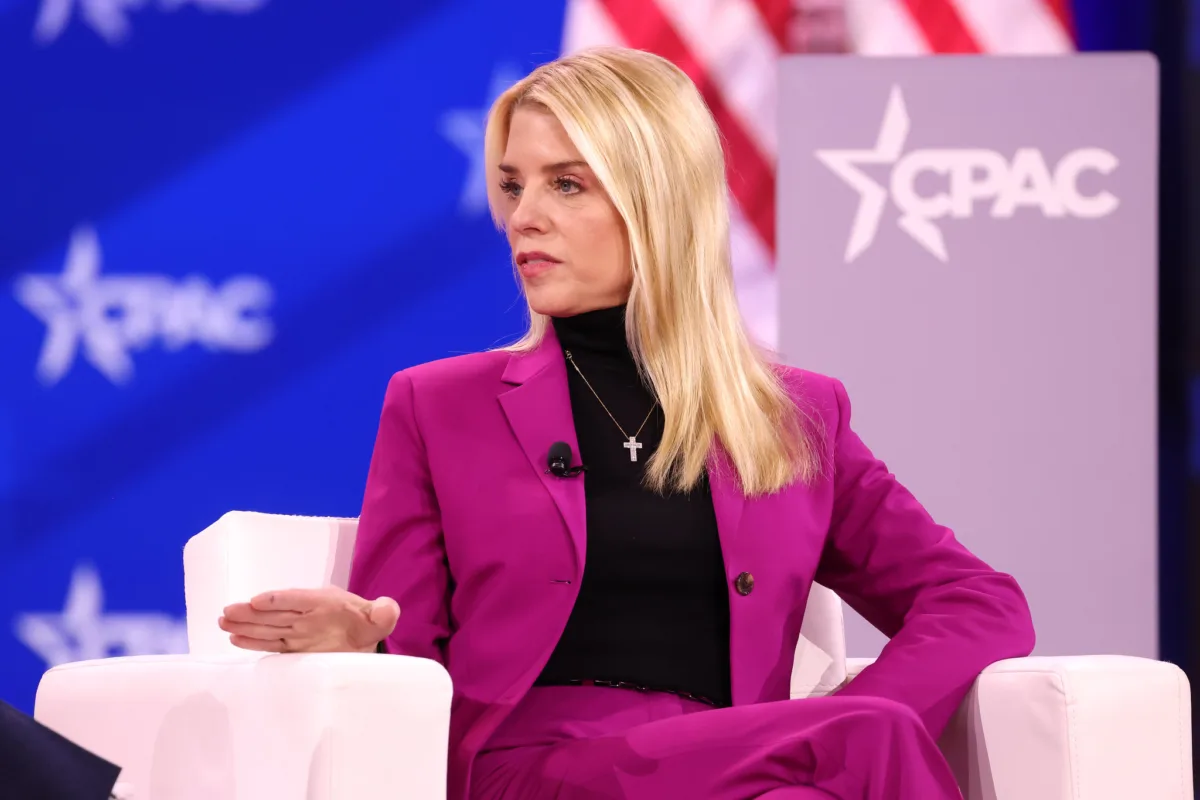
Trump DOJ Defunds National Prison Rape Resource Center
A letter obtained exclusively by The Appeal says Trump’s Department of Justice has cut all funding to the Prison Rape Elimination Act Resource Center.
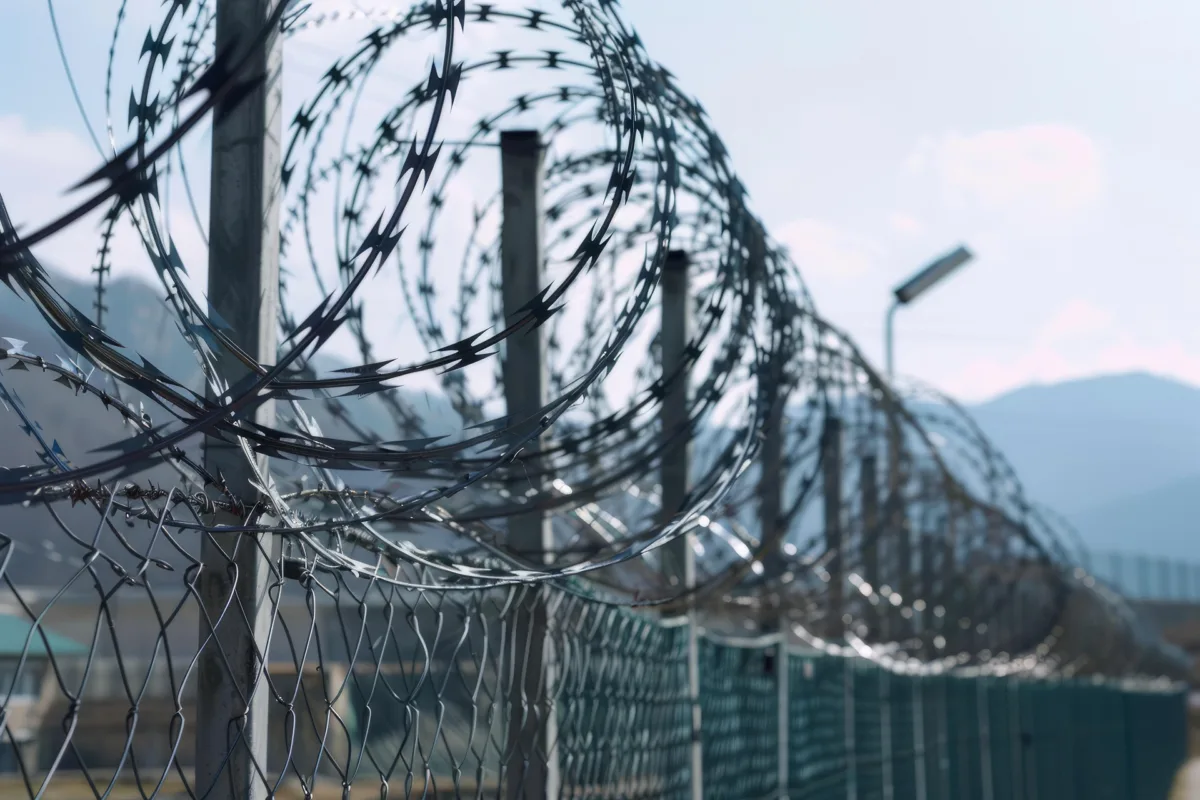
They Served Their Time. But They May Still Die in State Custody.
In half the country, sex offense civil commitment incarcerates people after they complete their prison sentences.
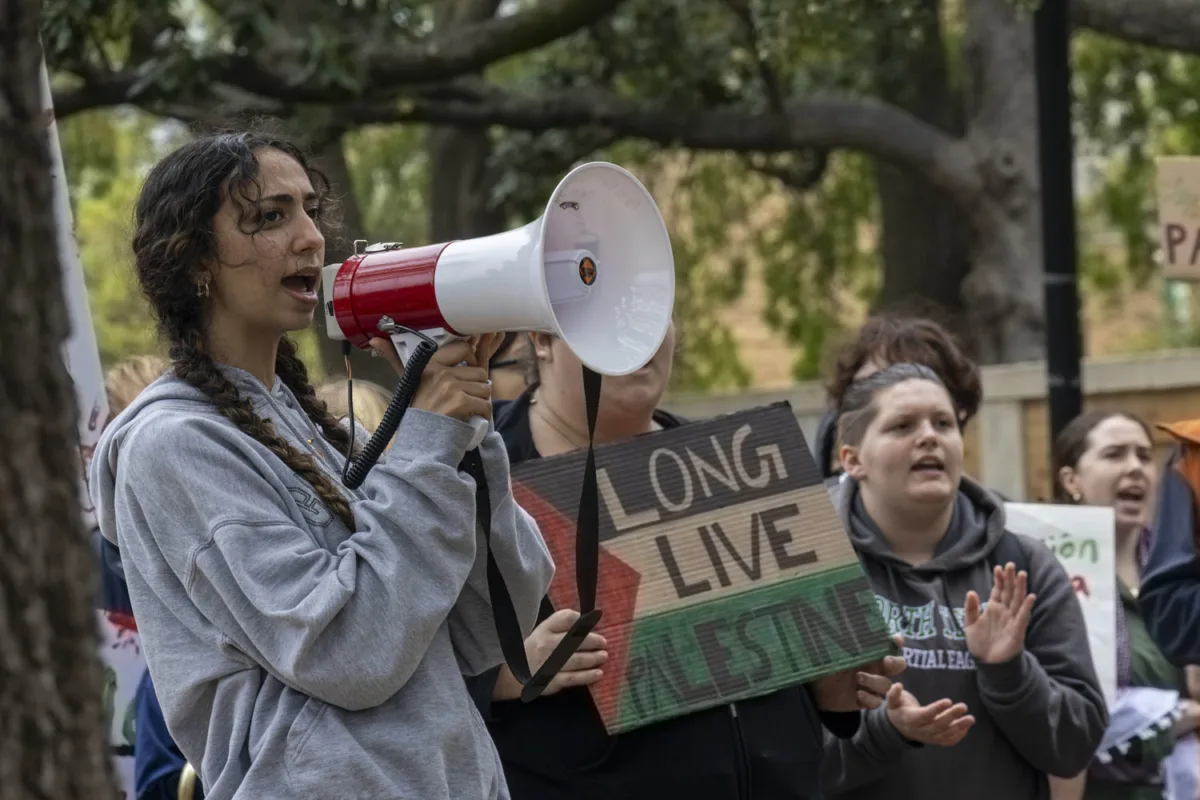
Here’s Where Pro-Palestine Protesters Face the Harshest Charges
In five jurisdictions reviewed by The Appeal, prosecutors have filed or are considering filing 187 charges against 66 protesters—including alleged hate crimes on cops, mob action, and attempted ethnic intimidation.

After Self-Immolations at Red Onion Prison, Virginia Prisoners Allege Crackdown
At least six people at Red Onion intentionally lit themselves on fire last year. Now, prisoners say staff are forcing people to comply—or cutting their electricity.

ICE’s New Deputy Director Helped Oversee Louisiana’s Homeless Sweeps
Madison Sheahan’s Wildlife and Fisheries officers sent unhoused people to a New Orleans warehouse. What does that mean for the future?

How Prison Dog-Training Programs Transform Lives
“We are not just training dogs — we are training ourselves to be better humans.”
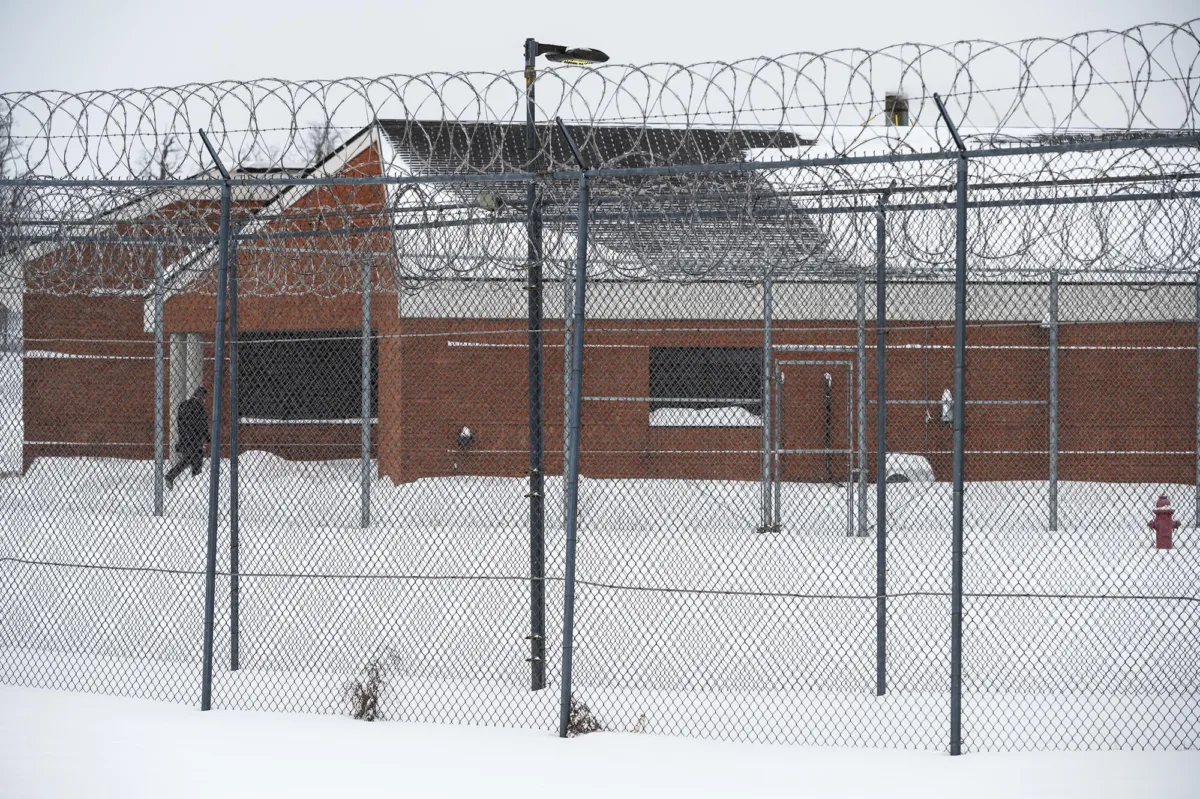
ICE Increasingly Relies on Vermont Prisons for Immigration Detention
People detained in Vermont’s prisons for U.S. Immigration and Customs Enforcement and U.S. Customs and Border Protection struggle to call their families and have been exposed to physical violence.
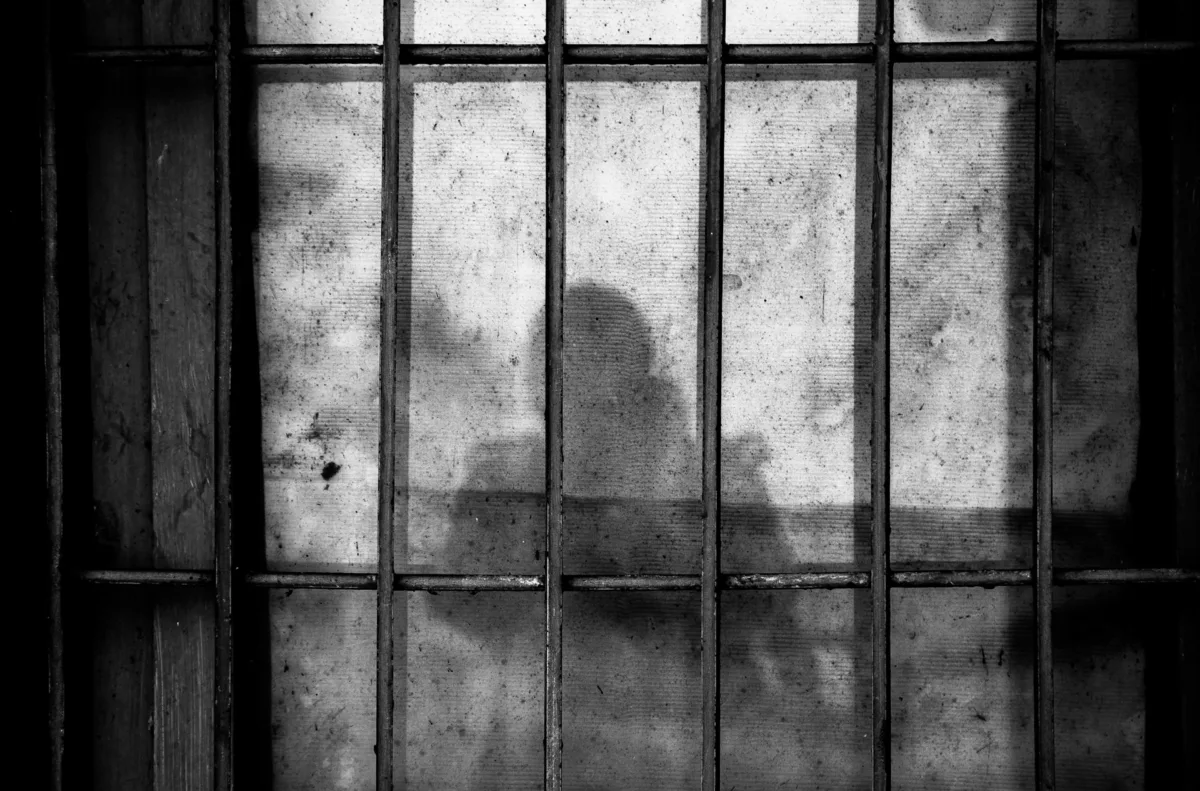
This Researcher Studies How Solitary Confinement Harms the Brain
“Individuals increasingly find themselves in cages unfit for lab mice and subjected to conditions with less scrutiny than that of invertebrate species kept in aquariums.”
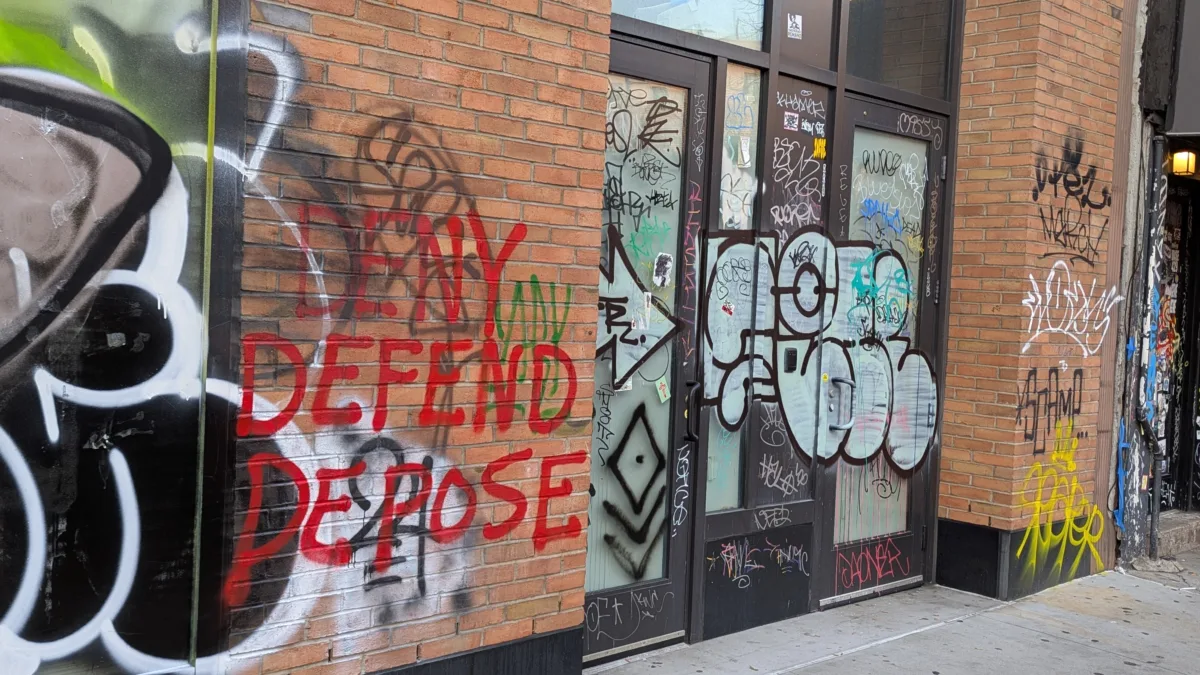
Trump’s DOJ Seeks Death Penalty Against Luigi Mangione
Attorney General Pam Bondi called the murder of UnitedHealthcare CEO Brian Thompson “an act of political violence.”
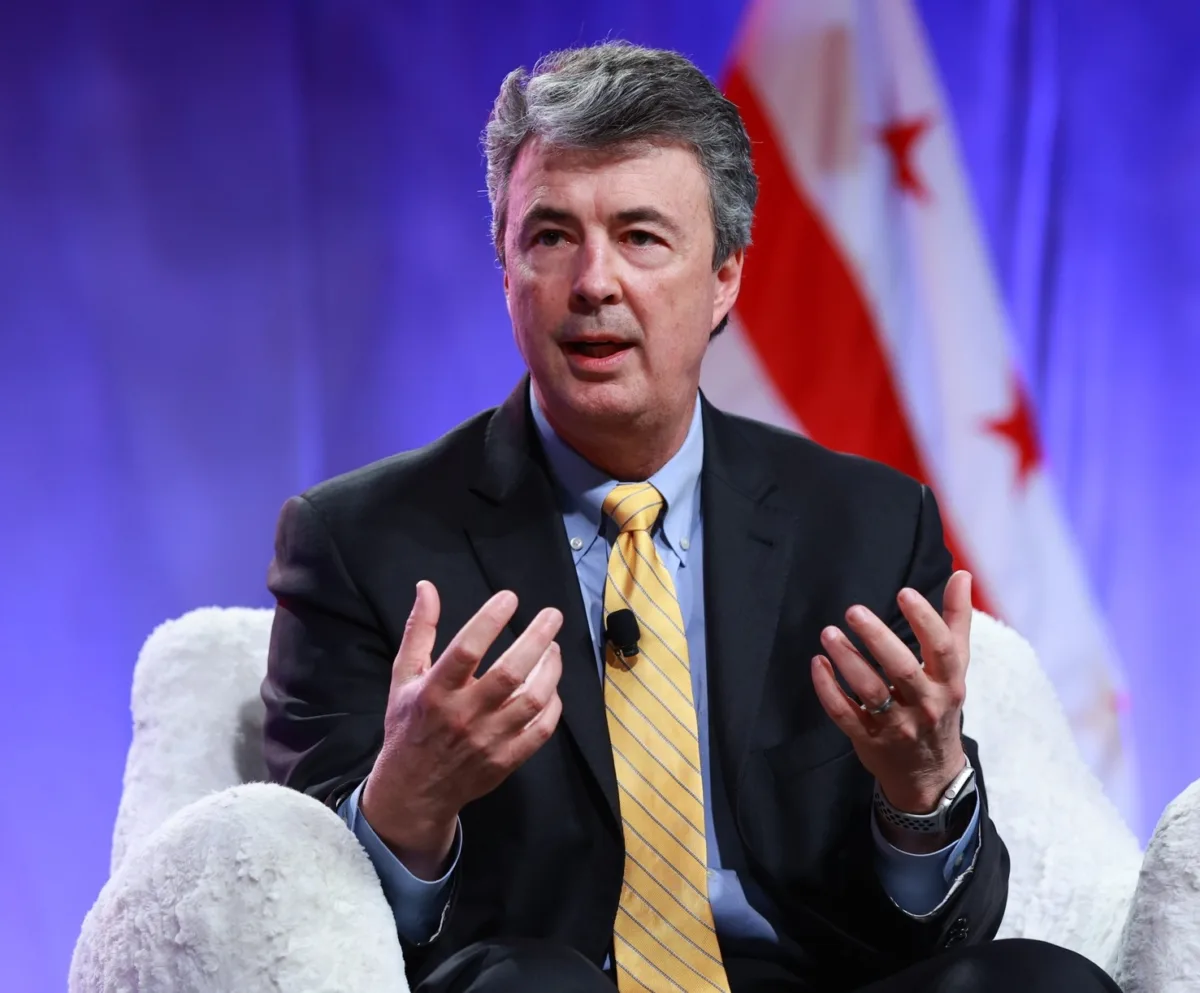
Alabama Can’t Prosecute People For Out-Of-State Abortions, Judge Rules
Alabama’s attorney general said he would charge abortion funds for helping people end their pregnancies in other states. On Monday, a federal judge said doing so would violate the U.S. Constitution.
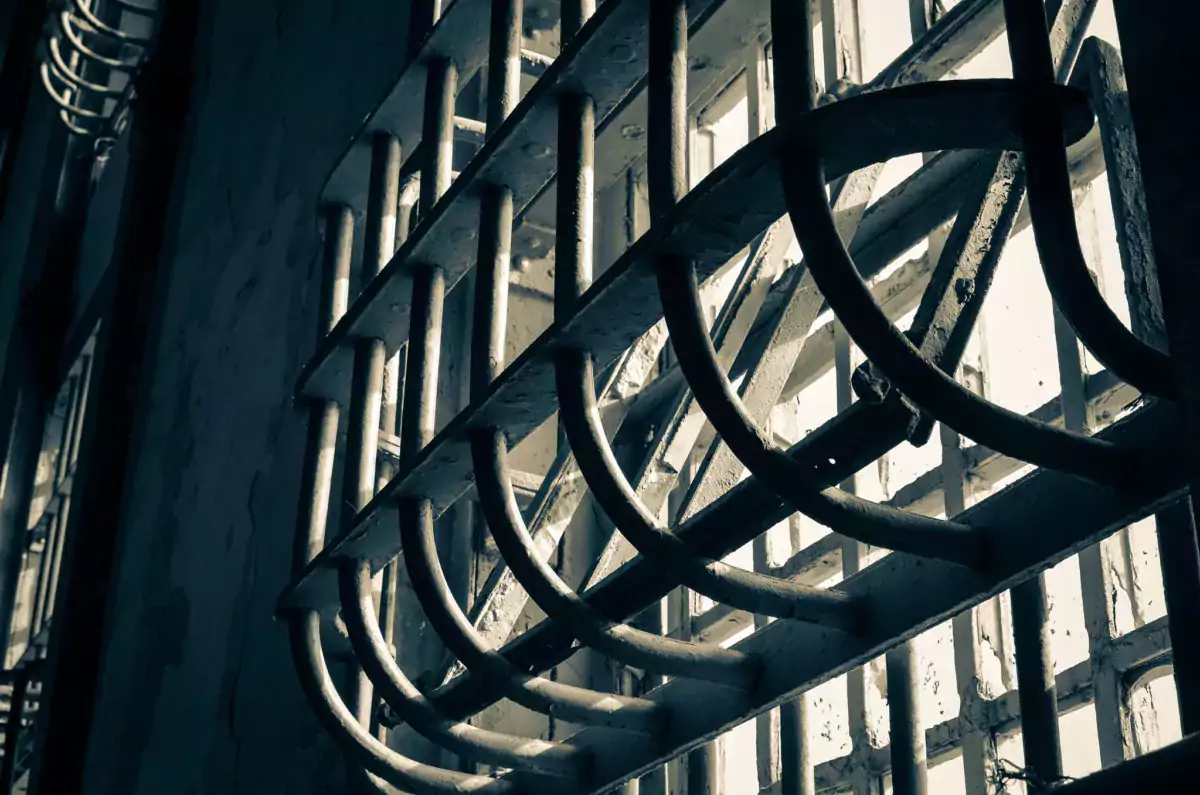
No Exit: Death and Despair in Texas’s “Double-Cell” Solitary Units
Texas state prisons incarcerate more than 4,500 people in two-person cells the size of a parking space for nearly 24 hours a day.
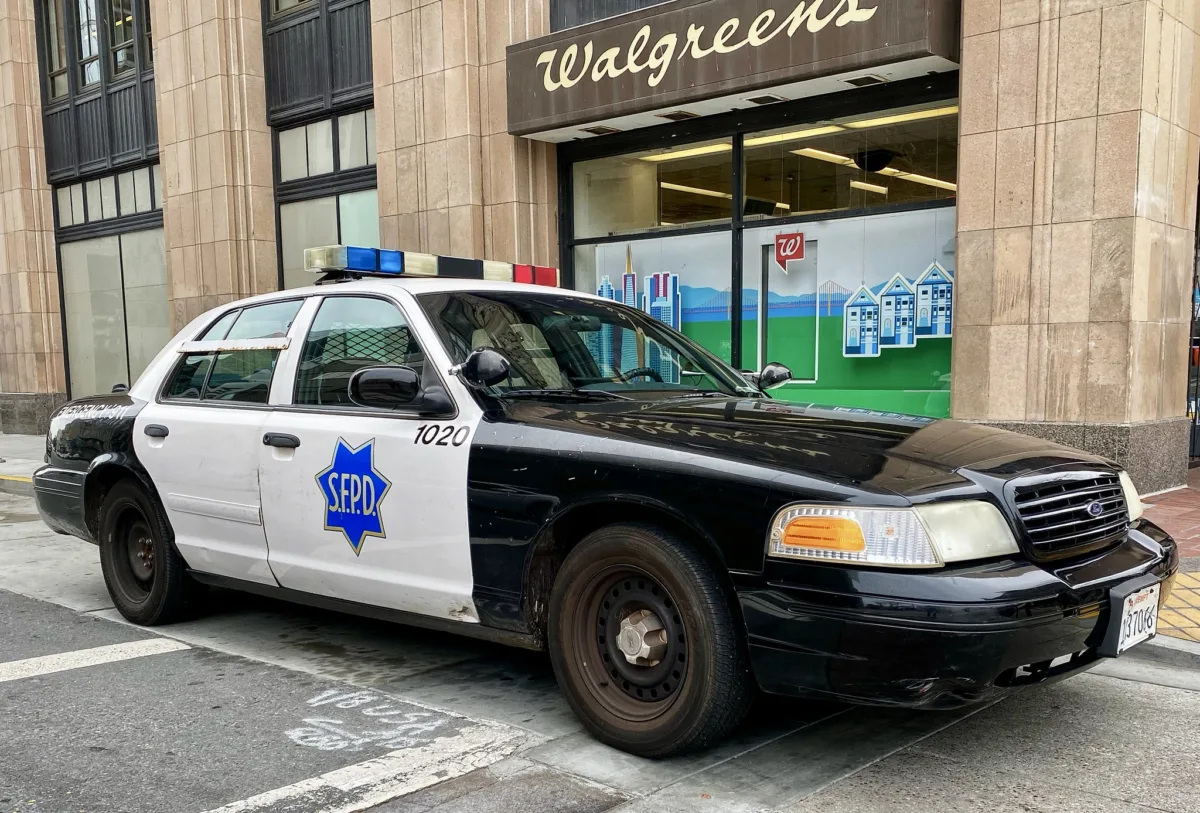
Cops Used the Shoplifting Panic to Buy Tons of New Equipment
The “crime panic” was a myth. But an analysis by The Appeal shows the narrative helped local police buy facial recognition software, drones, license plate readers, social media surveillance tech, and more.
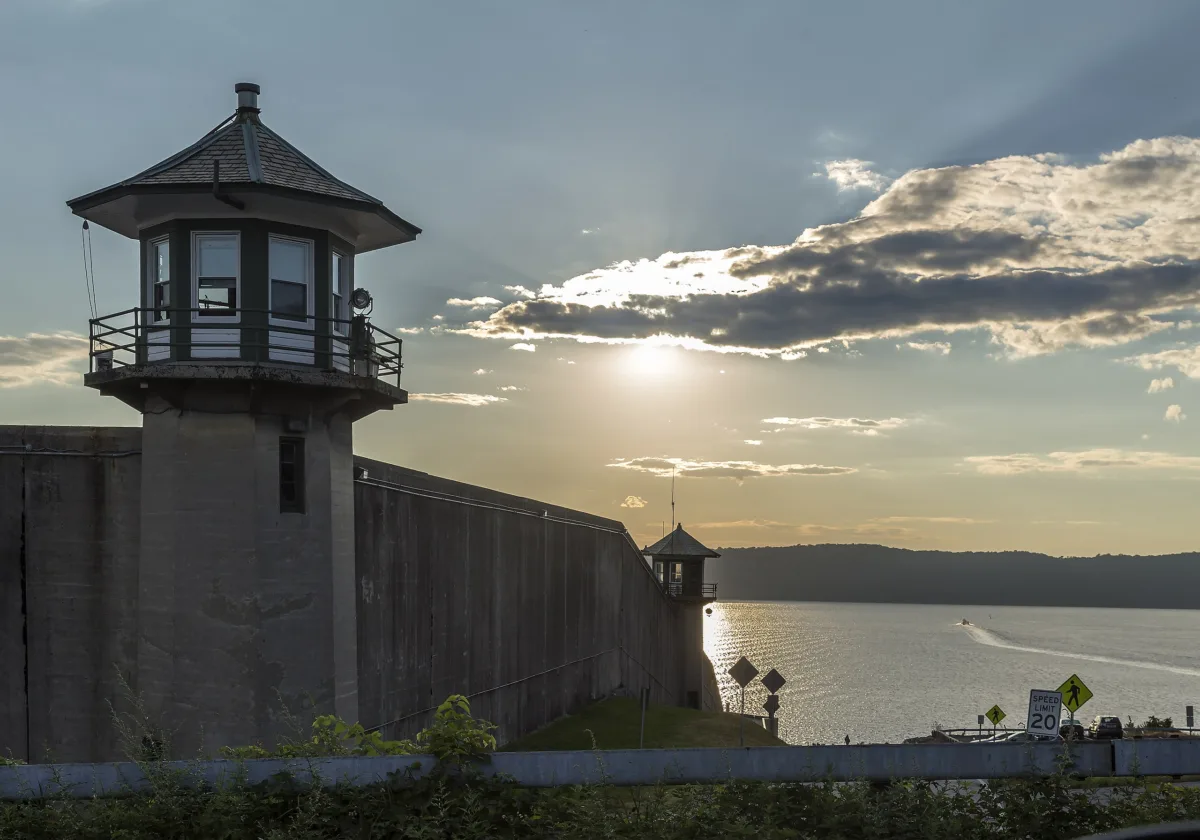
‘Sing Sing is a war zone.’
I’ve been in prison for 42 years. After New York State closed my facility, it sent me to Sing Sing—a prison filled with tension and violence.

DOJ Seeks Five-Year Minimum Sentences for Tesla Property Damage
Federal prosecutors have filed charges against at least three people for allegedly damaging Tesla property.

